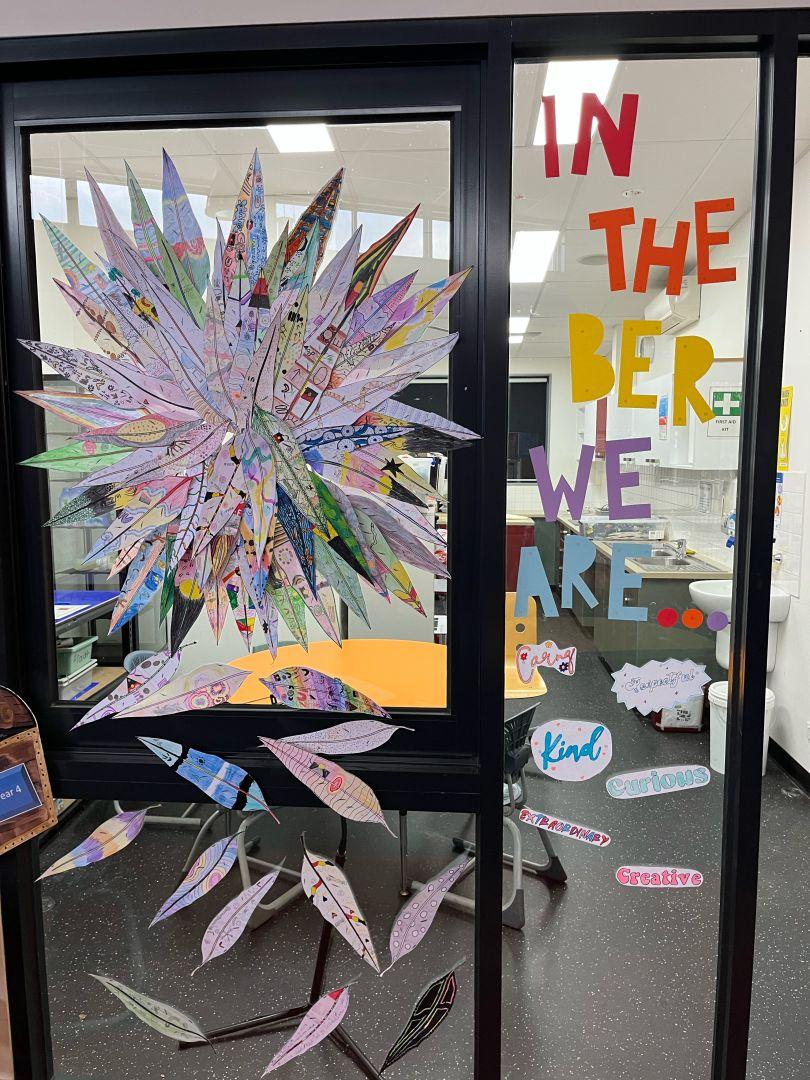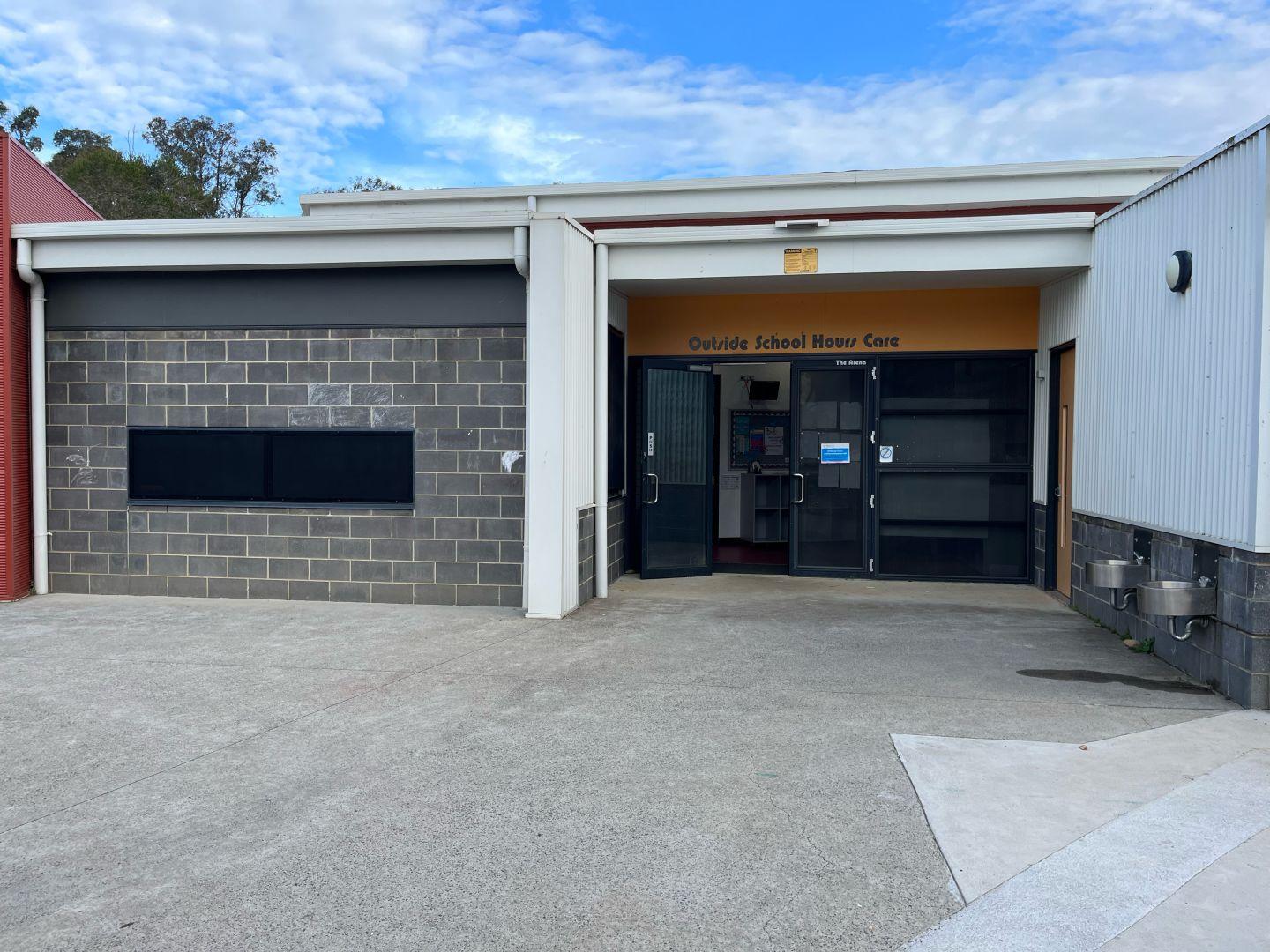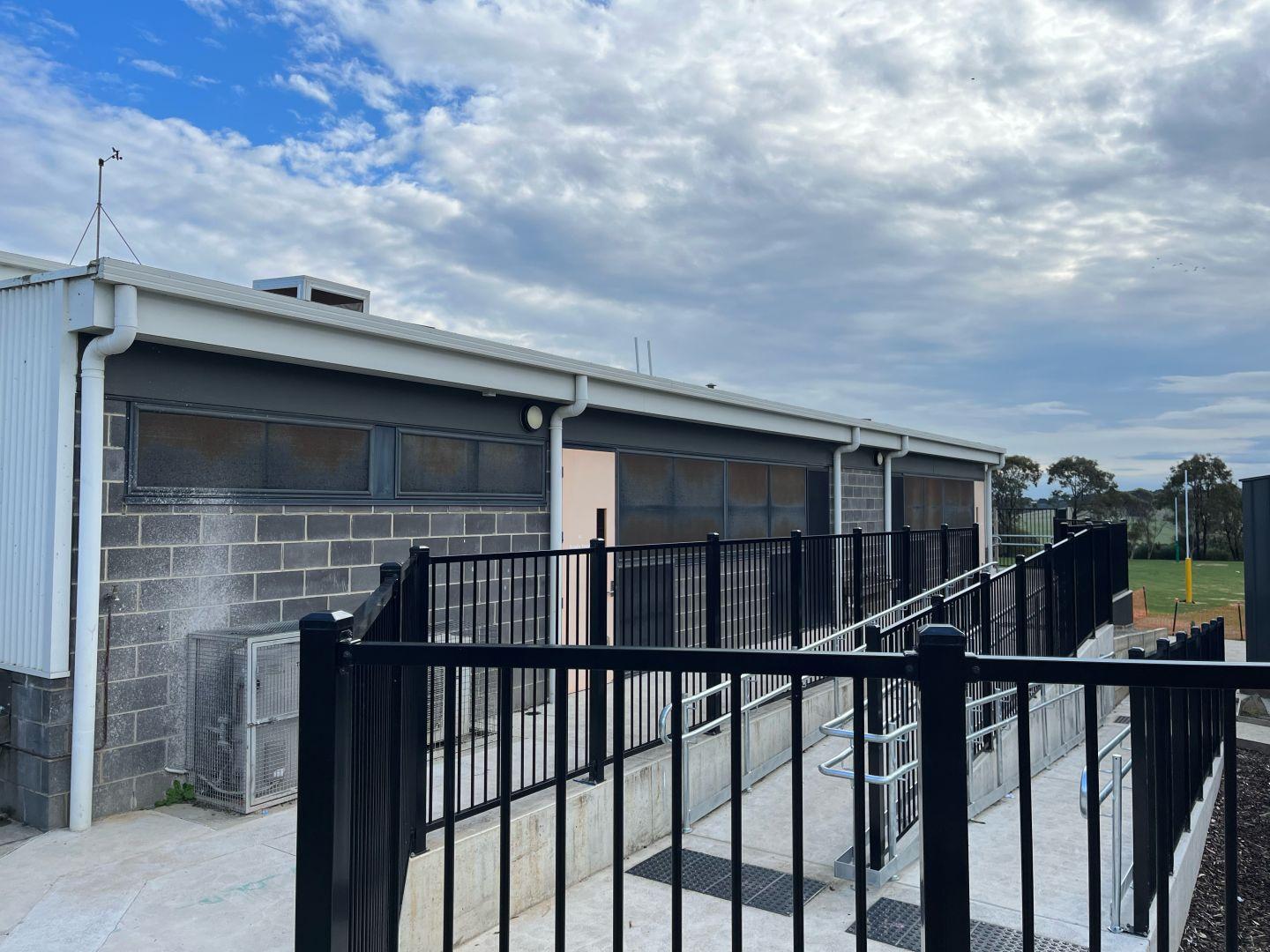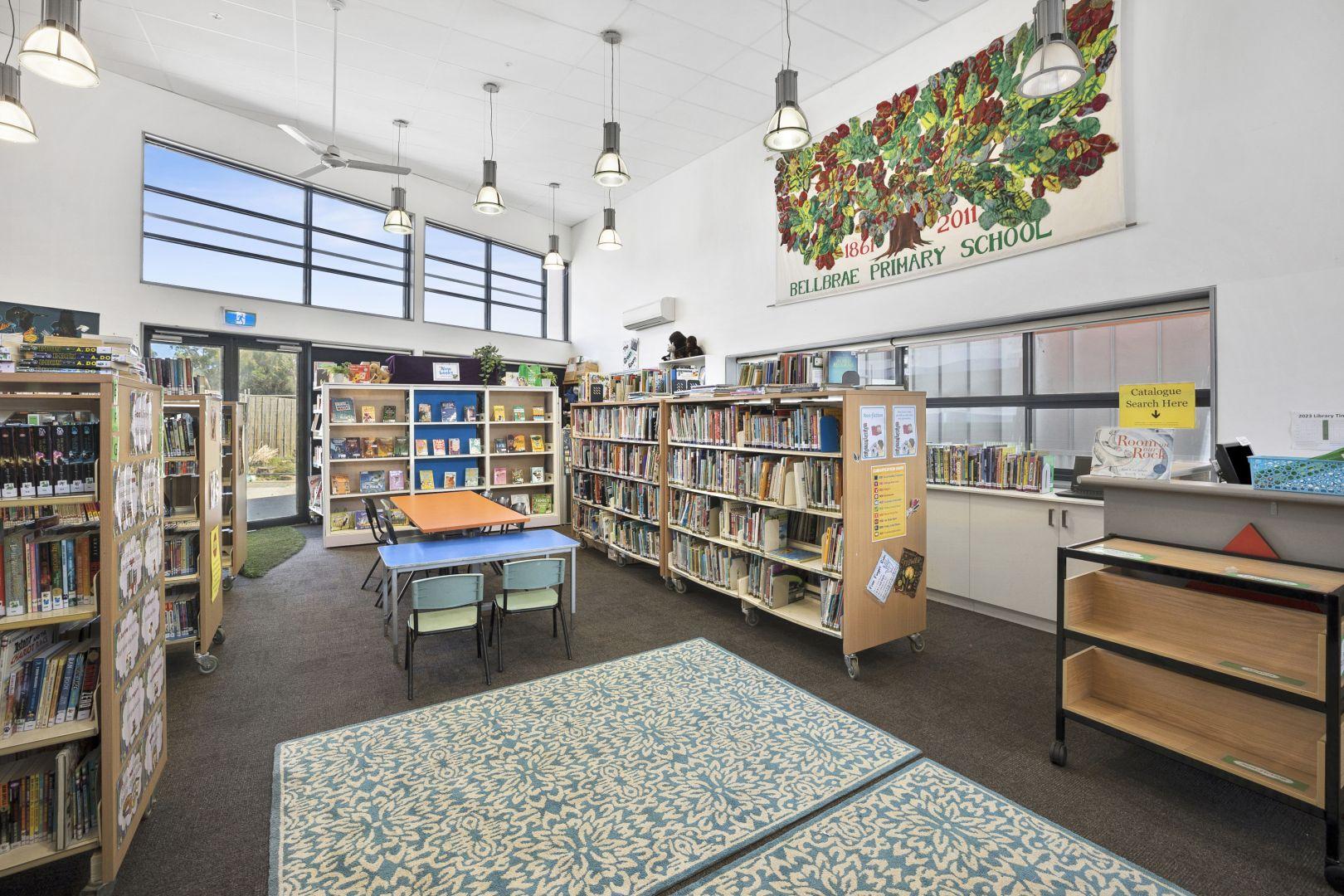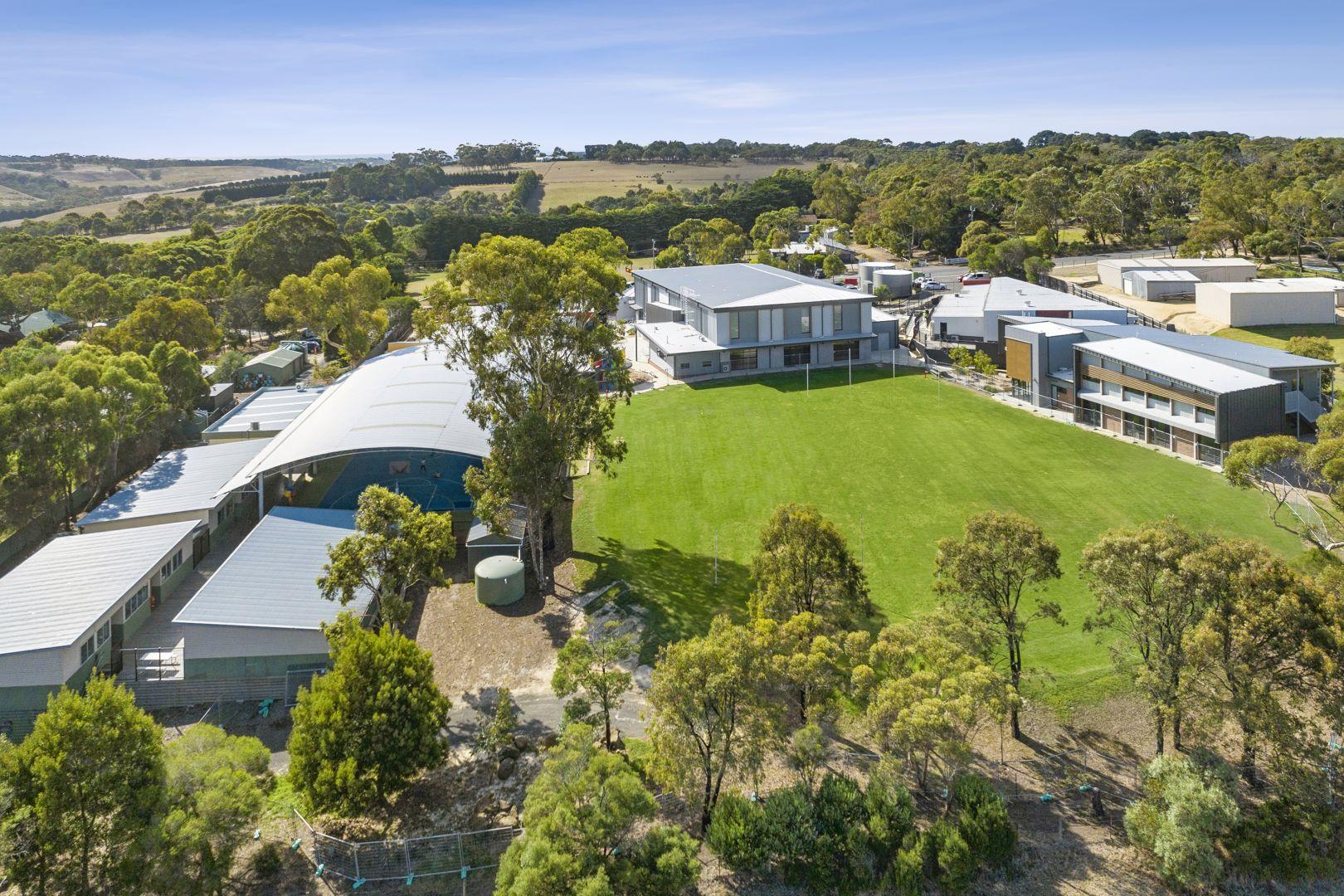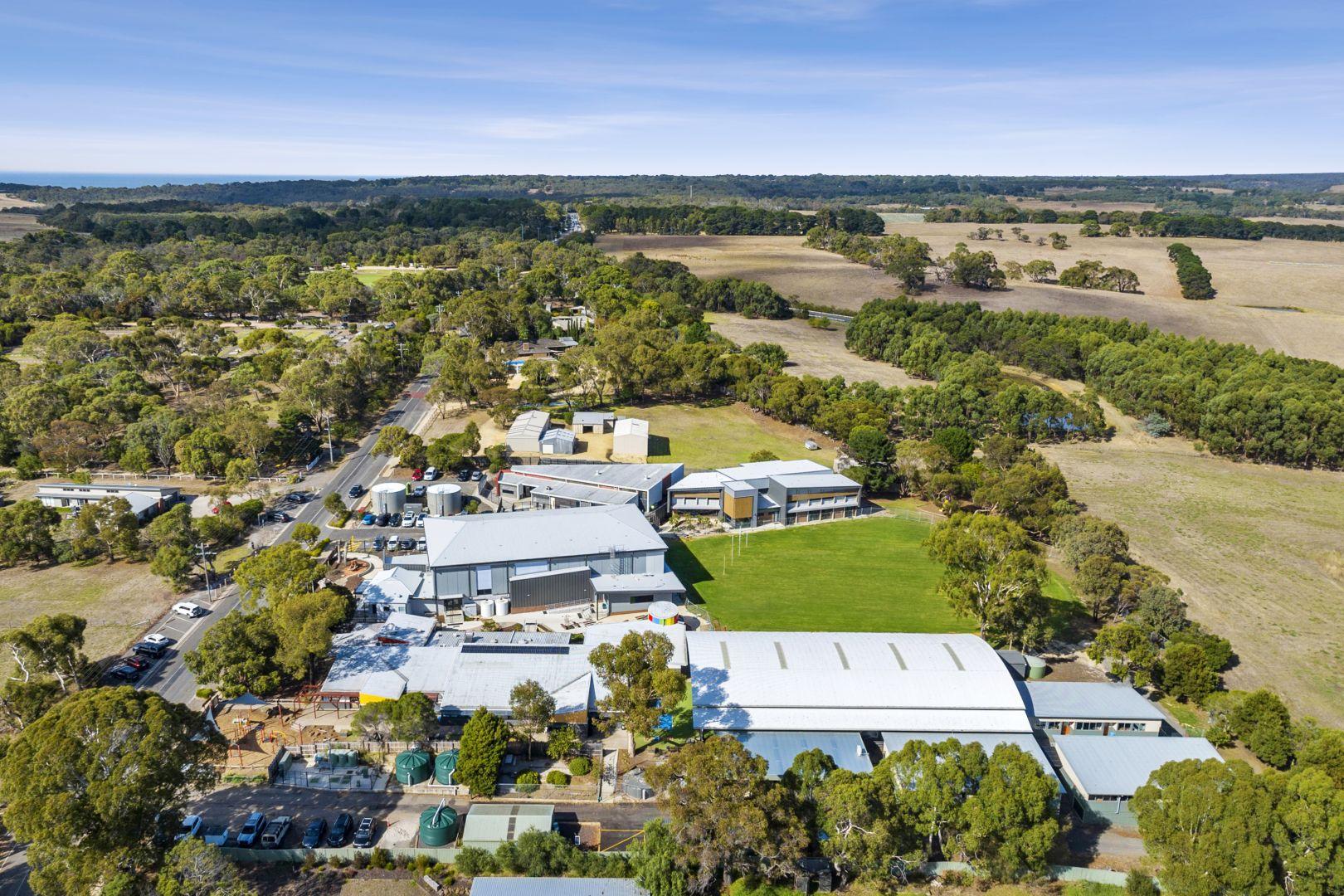AIMS AND BELIEFS
In Year 4 we are committed to providing our students with a learning environment that inspires them to be their best. An important aspect of school life is developing student voice and agency, enabling our students to be active contributors in their learning and decision making in our school community. Student voice is not simply about giving students the opportunity to communicate ideas and opinions; it is about students having the power to influence change. Authentic student voice provides opportunities for students to collaborate and make decisions with adults around what and how they learn and how their learning is assessed. This is known to lead to improved educational outcomes.
During the year, the Year 4 group will be involved in many activities in the BER building that will not only foster a love of learning, but more importantly, provide them with the skill set to be responsible and caring individuals and classmates who work together as a team! We want to highlight and celebrate successes, while leading change that will enhance not only their own lives, but for those around them, including their own family.
CAMP DATES: (Wed Oct 29th – Friday 31st)
INQUIRY / INTEGRATED
Each term, students will have the opportunity to learn about the world around them through the knowledge-rich curriculum being embedded and integrated throughout our core learning of literacy and maths.
In addition to this, students will investigate areas of STEAM (science, technology, engineering, arts and maths) history, geography and civics.
The units that we focus on at this year level are;
- How can we be a safe cyber citizen?
- Why did the Europeans settle in Australia and what impact did this have on the local indigenous inhabitants?
- How can we help our physical, emotional and social health?
- How does location and environment influence how people live?
As part of this experience, the Year 4 group head off on an excursion to the Geelong Waterfront, Art Gallery and Wool Museum and an Urban Camp in Melbourne for 2 nights where they experience life in Australia’s second biggest city. They visit iconic sites such as the; NGV, MCG, Melbourne Zoo, Lygon Street restaurant, Melbourne Museum, IMAX, Victoria Market
Each week, students also attend specialist classes in Indonesian, Performing Arts or Art, and PE.
LITERACY
The development of strong literacy skills is central to the learning and development of all students’ in Year 4, driven by our whole school goals set in our Strategic Plan and Annual Implementation Plan.
Our literacy program enables our students to be confident communicators, imaginative thinkers and informed citizens, not only in our school community but also in the global and ever-changing world we live in.
As teachers, we work collaboratively in Professional Learning Communities (PLCs), meeting weekly to plan and deliver differentiated learning opportunities to develop students’ skills in reading, writing, speaking and listening. Students engage in daily literacy activities and are encouraged to practise and record their reading skills at home.
As a part of our whole school commitment to best-practice literacy education, Multisensory Structured Language (MSL) and the Science of Reading are integral components of the Year 4 program. MSL is an evidence-based approach that applies proven knowledge of how the brain works and how learning best occurs in reading and writing. Students receive explicit teaching in the relationships between phonics, spelling rules and the meanings of word parts (morphology), as they are simultaneously engaged in multisensory (auditory, visual and kinaesthetic-tactile) activities to support the development of stronger neural pathways and embed learning in long-term memory. These skills become a transformative tool that allow students to experiment with various writing techniques.
Literacy (Class Text)
Term 1: Colin Thiele:Storm Boy
Term 2. Sofie Laguna: Meet Grace
Term 3: Cathy Freeman: Born to Run
Term 4: Simon Chapman: Expedition Diaries African Savannah
Writing incorporates learning about punctuation, sentence structures and how to make sentences more interesting to our readers through the use of interesting vocabulary. Students also practise planning writing to generate interesting and logically sequenced ideas. We use the Seven Steps approach and apply these to our various genre pieces and have a seed book to generate personal writing ideas and topics.
The program is enhanced by our ability to interact with various pieces of BYOD iPad software, including but not limited to; Nessy, Study Ladder & Seesaw.
NUMERACY
Our Year 4 teaching and learning program, provides students with access to important mathematical ideas, knowledge and skills that they will draw on in their personal and work lives.
Teachers use various summative and formative assessments to establish the individual needs of all students, and together work collaboratively in Professional Learning Communities (PLCs) to plan and deliver a range of engaging and authentic learning opportunities. Students’ learning is scaffolded using hands on, concrete materials where applicable and they develop efficient written and mental strategies that can be used to solve problems involving number, measurement and geometry and statistics and probability.
The students are supported and encouraged to explain their mathematical thinking to demonstrate understanding of concepts. Guided by the Victorian Curriculum, we use the continuum of learning that focuses on developing increasingly sophisticated and refined mathematical proficiencies of fluency, understanding, problem solving and reasoning. These capabilities enable students to respond to familiar and unfamiliar real-life situations by employing mathematical knowledge and skills to make informed decisions and solve problems efficiently.
The program is enhanced by our ability to interact with various pieces of BYOD iPad software, including but not limited to; Essential Assessment, Mathletics, Study Ladder & Seesaw.
WELLBEING:
In Year 4 we place a strong emphasis on the engagement and wellbeing of all our students. We provide extra opportunities for students to develop their social and emotional growth. Our school mission, values and vision support this. We utilise our four core school values of Respect, Resilience, Responsibility and Aspire and each week focus on one of these values.
The values are displayed in each classroom and are continually referred to throughout the school.
All student’s complete wellbeing activities linked to the focus value for the week. These are relevant to the year levels students are in and their needs.
Our school is a Primary partner with The Resilience Project and students in all grades have a targeted whole-school (in houses) wellbeing community hour each fortnight with a focus on GEM (Gratitude, Empathy and Mindfulness) all other times. In year 4, our students collect GEMS and record them for both individual recognition and class-wide awards (such as visiting the local beach for lunch).
On the alternate fortnight, selected students from each Year 4 grade are awarded a values award at our school assembly for displaying certain aspects of the school values.
During lunchtime, a variety of activities operate throughout the school for children to participate in. These are run by students and staff and each day there are different activities taking place. Lunchtime activities can include Lego building, board games, mindfulness, craft club and dance club. These activities are developed with the students interests at the forefront.
Our school is also fortunate to have two well-being support staff who work with students individually, in small groups as well as class based and whole school activities. Our wellbeing support staff support students with friendship issues, loss or grief, family separation or any other issues that concern a student’s wellbeing.
PARENT COMMUNICATION
Year 4 is very much a transitional year where we, as teachers, are trying to set them up for the next phase of school life. They are now in the middle/upper part of the school and this comes with added responsibility! Independence will slowly gain traction as the year progresses, with the aim being for all our Year 4 students to be taking full control of their learning environment and getting set up for success. This involves starting to pack their own bag and lunch, making sure reading, diaries and maths mate homework are completed and any notes arrive safely at home or school.
Parents can promote and encourage this increase in responsibility, by supporting their daily home reading, maths mate and weekly diary signing. Students will be given the opportunity each Monday morning to record the key events of the week coming up. The diaries are a useful tool for communication to school, for example reassuring notes for your child about bus or pick-up plans, or as a place to write questions for their class teacher. The diaries are also where notes and resources traveling to and from school can be clipped to keep them safely.
In addition to diaries, Compass is where school and year level information is posted. This is also where you can see excursion details and give permission for events. Seesaw is a digital platform for classroom and student learning updates and sharing, and you can directly message the classroom teacher via Seesaw as well through either the group or family email setting.

